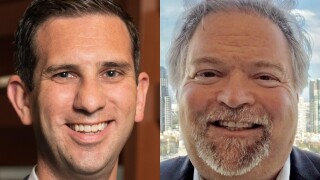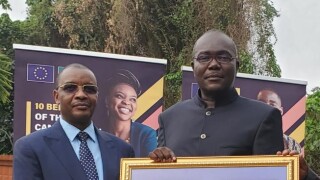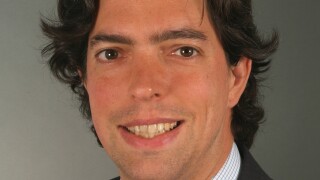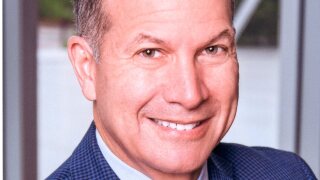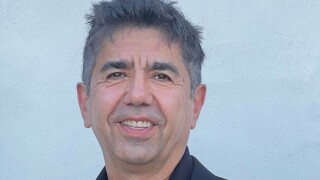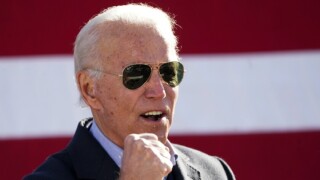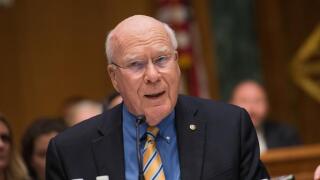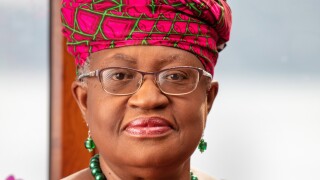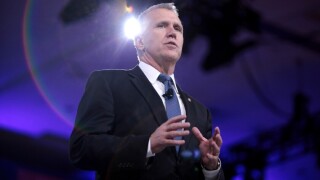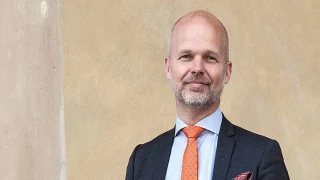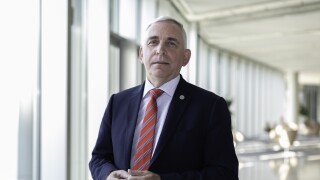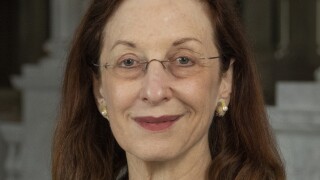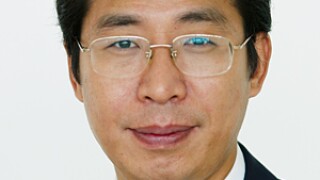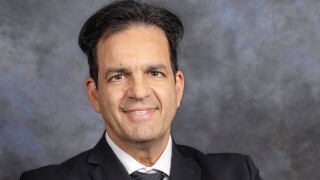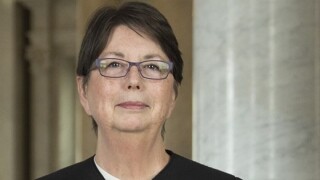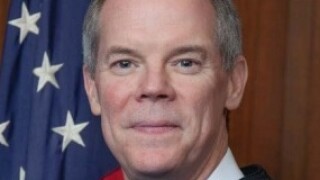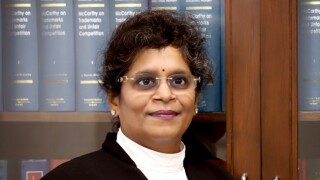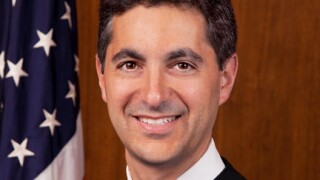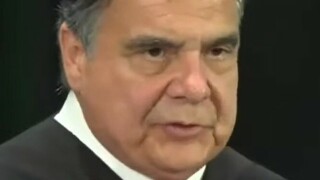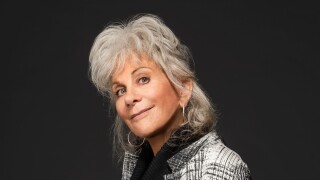
Back in 2018, Jim Sullivan was writing the official musical for ‘Only Fools and Horses’ – the famous British sitcom written by his late father John Sullivan – when he was notified of a suspect show.
What happened next led to a landmark ruling in England and Wales copyright law.
The interactive show, called ‘Only Fools The (cushty) Dining Experience’, was essentially an unauthorised new episode of the original production, using characters, catchphrases, dialogue, specific jokes, and much more.
Sullivan, a director at Shazam Productions, the company his dad created to protect and monetise the show’s intellectual property rights, says he pushed the lawsuit “right from the beginning” and instructed law firm Ashfords to take action.
He was then instrumental in compiling evidence for the judge, ultimately writing 41 pages and giving testimony in court.
“The most gruelling aspect of it all was going through the original scripts and compiling a list of those key points, noting exactly where, how and why the breach of copyright was taking place,” he says.
A key focus of the case was the show’s protagonist, Derek ‘Del Boy’ Trotter, and whether the character itself could be protected by copyright. No such finding had ever been made in England and Wales copyright law.
Ultimately, and no doubt due to Sullivan’s efforts, the court sided with Shazam in June. It ruled that ‘Only Fools The (cushty) Dining Experience’ had infringed the original show’s copyright and was liable for passing off.
Not only was it the first time a UK court had found that copyright subsisted in a character (Del Boy), it was the first case involving ‘fair dealing’ of a copyright work for the purposes of parody or pastiche (the defence being roundly rejected).
“I mostly hope that the ruling makes people realise that the act of hijacking someone else’s hard work and exploiting it for personal gain isn’t a good idea,” says Sullivan. “For the most part, it is well understood within the industry that this isn’t the done thing, which is why things like copyright, agreements and licences exist.”





